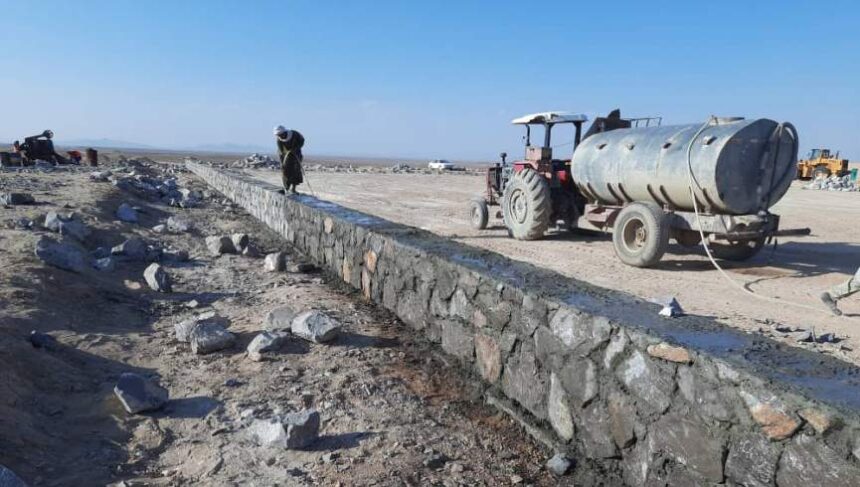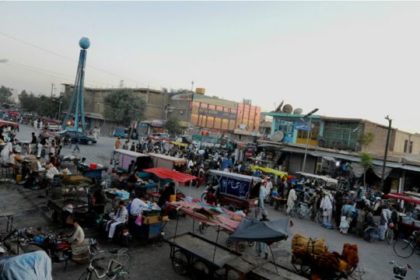RASC News Agency: The Taliban has announced the initiation of construction for eight mosques along the Herat-Kandahar Highway, a project confirmed in an official statement. According to the group, these mosques are already under construction and will be completed in the near future. This development comes at a time when poverty and unemployment have reached alarming levels, claiming the lives of Afghanistani citizens on a weekly basis. Many individuals, unable to survive in such dire conditions, have fled to neighboring countries, particularly Iran and Pakistan, in search of better opportunities.
Reports indicate that, within the past month, more than six individuals in the provinces of Faryab and Nangarhar have died by suicide due to the relentless pressures of poverty and joblessness. Similarly, two attempted suicides were reported in Herat over the last two weeks. Mohammad Ashraf Haqshinas, spokesperson for the Taliban’s Ministry of Public Works, stated on Wednesday, November 20, that the mosques are being constructed under the directive of Hibatullah Akhundzada, the Taliban’s supreme leader. These mosques are intended to provide facilities for travelers using the highway.
Haqshinas added that the project will cost over 259 million Afghanistani rupees, sourced from the Taliban’s budget. While the Taliban showcases the construction of mosques as an accomplishment, widespread poverty and unemployment have driven many Afghanistani citizens to the brink, with a growing number seeking to escape the country. The focus on mosque construction aligns with a 2021 directive from the Taliban leadership, which prioritized the development of religious infrastructure following their takeover of Afghanistan. In April 2023, the Taliban cabinet announced a plan to construct a mosque every 100 kilometers along major highways across the country.
Since coming to power, the Taliban claims to have built more than 1,500 mosques. Critics argue that this focus on religious projects, including schools and mosques, serves as a vehicle to propagate the group’s ideological agenda. Despite the ongoing humanitarian and economic crises, the Taliban continues to emphasize religious construction as a central pillar of their governance, often presenting such projects as key achievements.






